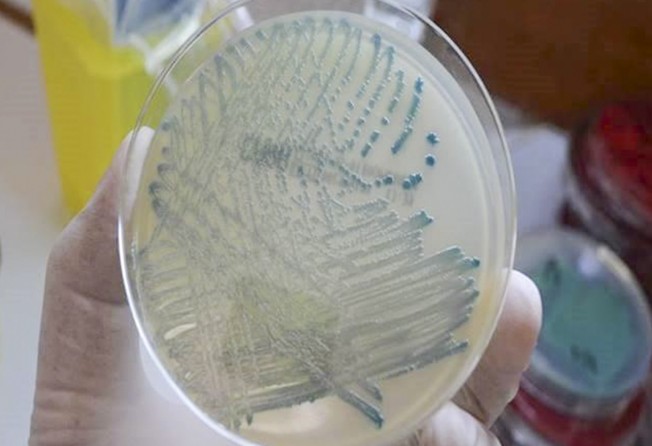Hong Kong cases of ‘public enemy No 1’ superbug more than double in 2018, prompting Hospital Authority to unveil five-point plan to halt the spread
- CPE bug detected in patients 972 times last year, up from 473 in 2017
- Authorities believe the superbug was locally transmitted and in response have stepped up the speed of detection and isolation in hospitals

The number of Hong Kong patients diagnosed with a superbug that has been dubbed “public enemy No 1” more than doubled last year, with fears the increase in cases of the virus was driven by people eating bacteria-infected food or poor personal hygiene.
Hospital bosses have moved to quell worries among the public with a five-point plan to combat the spread of a range of superbugs, which includes more active screening for patients deemed high risk, issuing guidelines to local doctors to reduce the use of antibiotics where possible, and strengthening environmental hygiene.
Print option is available for subscribers only.
SUBSCRIBE NOW